 Matt Sharpe will be presenting the following as part of the Centre for Citizenship and Globalization Seminar Series:
Matt Sharpe will be presenting the following as part of the Centre for Citizenship and Globalization Seminar Series:
Albert Camus’ Hellenism, Between Saint Augustine and Hegel
12 pm – 1 pm Thursday 4 September, Burwood Campus room C2.05
We do not believe any longer in God, but we believe in history. For my part, I understand well the interest of the religious solution, and I perceive very clearly the importance of history. But I do not believe in either the one or the other, in an absolute sense. I interrogate myself and it vexes me very much that we are asked to choose absolutely between Saint Augustine and Hegel. I have the impression that there must be a supportable truth between the two. – Albert Camus, Essais, 1427-1428.
Much French thinking since 1960 has gravitated towards forms of decisionism or messianism which arguably secularises eschatological hopes and modes of thinking inherited from the Judaic and Christian tradition. Albert Camus is almost unique in French letters (alongside his friend, the poet Rene Char) in arguing for the need to reanimate motifs from the classical Mediterranean legacy: notably, the value of mesure (moderation), the notion of a constant human condition, the urgent need to recapture a non-instrumental, contemplative sense of our place in the natural world, and an opposition to all ideas of an ‘end of history’ or a single all-changing Event. According to Camus’ often-maligned “midday thought,” human beings are not solely historical, language-using, political beings. We are also mortal, natural beings in an ecosphere we did not create, but in whose profoundly interconnected (and now as we know profoundly threatened) recurrences Camus saw the basis for a new philosophy limiting human hybris, this side of thermonuclear or ecological collapse. In this paper, I’ll reconstruct the different registers of Camus’ hellenism: beginning from his own youthful experiences growing up in Algeria (for him, a ‘Greece in rags’) [1], passing through his mature defences of mesure, limit, and “a thought which would exclude nothing” [2], then his attempts to articulate a post-metaphysical virtue ethics [3], to his defence of artistic creation, style, and mythopoiesis as a practice of liberty [4].
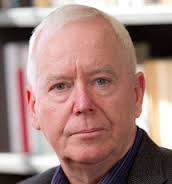
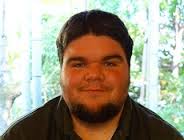
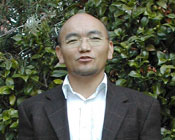
 Professor Jack Reynolds and La Trobe’s Ricky Sebold will be speaking on “The Existential Turn: Niezsche and French Existentialism” on 25th September 2014, 6:30-8:30pm as part of
Professor Jack Reynolds and La Trobe’s Ricky Sebold will be speaking on “The Existential Turn: Niezsche and French Existentialism” on 25th September 2014, 6:30-8:30pm as part of  Matt Sharpe will be presenting the following as part of the
Matt Sharpe will be presenting the following as part of the  Catch Dr Leesa Davis talking about “Buddhist Conceptions of Virtue” this Wednesday August 27, 7.00 – 9.00pm, at the
Catch Dr Leesa Davis talking about “Buddhist Conceptions of Virtue” this Wednesday August 27, 7.00 – 9.00pm, at the 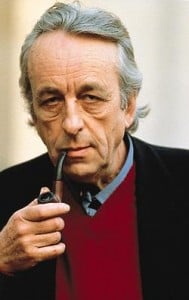
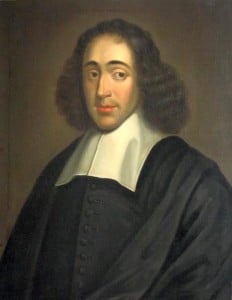
 Deakin’s
Deakin’s  This Sunday, 17th August, catch Deakin’s own
This Sunday, 17th August, catch Deakin’s own